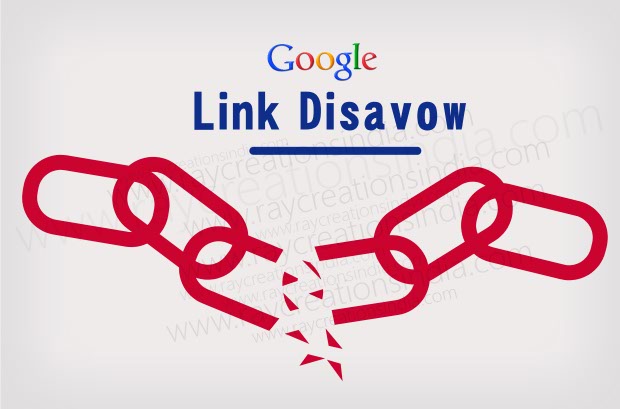Benefits of Using Blue Light Glasses

Many adults spend most of their time behind TVs, tablets, laptops, smartphones, and computer screens more than ever before. Sad to say, spending too much time on these gadgets leads to physiological and musculoskeletal issues. In addition, it raises concerns about the effects of blue light.
Your eyes may feel tired and strained from staring at your screens all day long. In other cases, you may experience headaches after spending the day in the sunlight. Given these factors, discussions are rife on why you should be using blue light glasses to protect your eyes.
This article delves into the benefits of blue light glasses. However, first read along to get insights into blue light, how it affects you, and what to do about it.
What is Blue Light and What Are Its Effects On Your Eyes?
Blue light is all around us. It occurs naturally in sunlight and artificial light sources. For example, computer monitors, fluorescent lights, smartphones, tablet screens, and LEDs all have artificial blue light.
The sun contains all light colors, including green, red, blue, and orange. The blue color has its position at the very edge of the visible light spectrum that ranges from blue to red. In fact, it’s closet to invisible UV light. Interestingly, blue light is a high-energy visible light, with a much shorter wavelength than colors closer to the end of the spectrum where the red color is. As such, blue light hits your eyes at a higher frequency.
The light affects your eyes adversely, leaving you unfocused and causing many other symptoms. Fortunately, blue light glasses have known benefits, notably reducing these adverse effects and counteracting the negative consequences.
When to Use Blue Light Blocking
The Vision Council reports that approximately 80% of people use digital gadgets an hour before sleep. Furthermore, 55% use them within the first hour after waking up. While screens have become a big part of life, spending too much time on them affects the sleep cycle.
While minimizing their use would help, it’s almost impossible for most people. That is where blue light-blocking glasses come in to help. Using such glasses is one of the expert recommendations The American Academy of Ophthalmology gives as a way to protect your eyes from the harmful blue light.
Whether you use screens, including digital signage displays, for work, entertainment, communication, as a source of news, or social interaction, using blue light glasses is beneficial.
Why You Should Use Blue Light Glasses
Benefits of blue light glasses include:
Reduced Digital Eye Strain
When you use your digital devices for an extended time, your eyes feel tired, dry, and strained. For the most part, the issues arise from a combination of:
- Reduced blink rate
- Constant flickering and glare of the LED screens
- Blue light exposure
- Having to maintain your visual focus for a long time
Sadly, many users experience the symptoms without realizing it and start to believe it’s normal. If ignored, the symptoms go on, and the effects remain. Blue light glasses can indeed help to improve the symptoms of digital eye strain because they filter out the blue light.
Improved Sleep Quality
The effect of walking outside in the sunlight is that you feel more alert. The same thing happens when you spend time on a screen before bed. Short wavelengths characteristically inhibit the release of melatonin, which is a sleep-inducing hormone. Consequently, you find it hard to fall asleep after spending time on your screen.
Use blue light glasses if you find it hard to switch off your gadgets an hour before bed. By blocking this light, your system may release the sleep hormone required to help you fall asleep. Overall, you’ll notice an improvement in your sleep-wake cycles, which is one of the benefits of blue light glasses.
Reduced Risk of Eye Disease
While your eye lens and cornea block out harmful ultraviolet light from the retina, they can’t block blue light. Sadly, when your retina becomes damaged, you get a higher risk of macular degeneration, a leading cause of blindness. Additionally, blue light reaching the retina also puts you at the risk of developing cataracts. Wearing protective glasses shields your eyes from this danger.
Fewer Headaches
Some unpleasant symptoms of harmful blue light are migraines and intense headache pain. Awkwardly, you may not realize the headache is a symptom and may associate it with long working hours. While long hours of using your eyes may cause headaches, blue light aggravates the problem.
If you have sensitive eyes, you risk getting migraines. Likewise, when your eyes hurt or you have eye fatigue, your head hurts more, especially when blue light is in the picture. The longer you use digital screens with your eyes unprotected, the worse the headache, and the cycle is vicious.
Final Thoughts
The current world makes it hard to avoid or minimize screen time. Correspondingly, it helps to think of ways to protect your eyes from the effects of blue light. Blue light-blocking glasses help you remain fully engaged in a technologically advanced world without the adverse consequences. The benefits of blue light glasses mentioned above are the reason you should consider using them when using digital screens.




